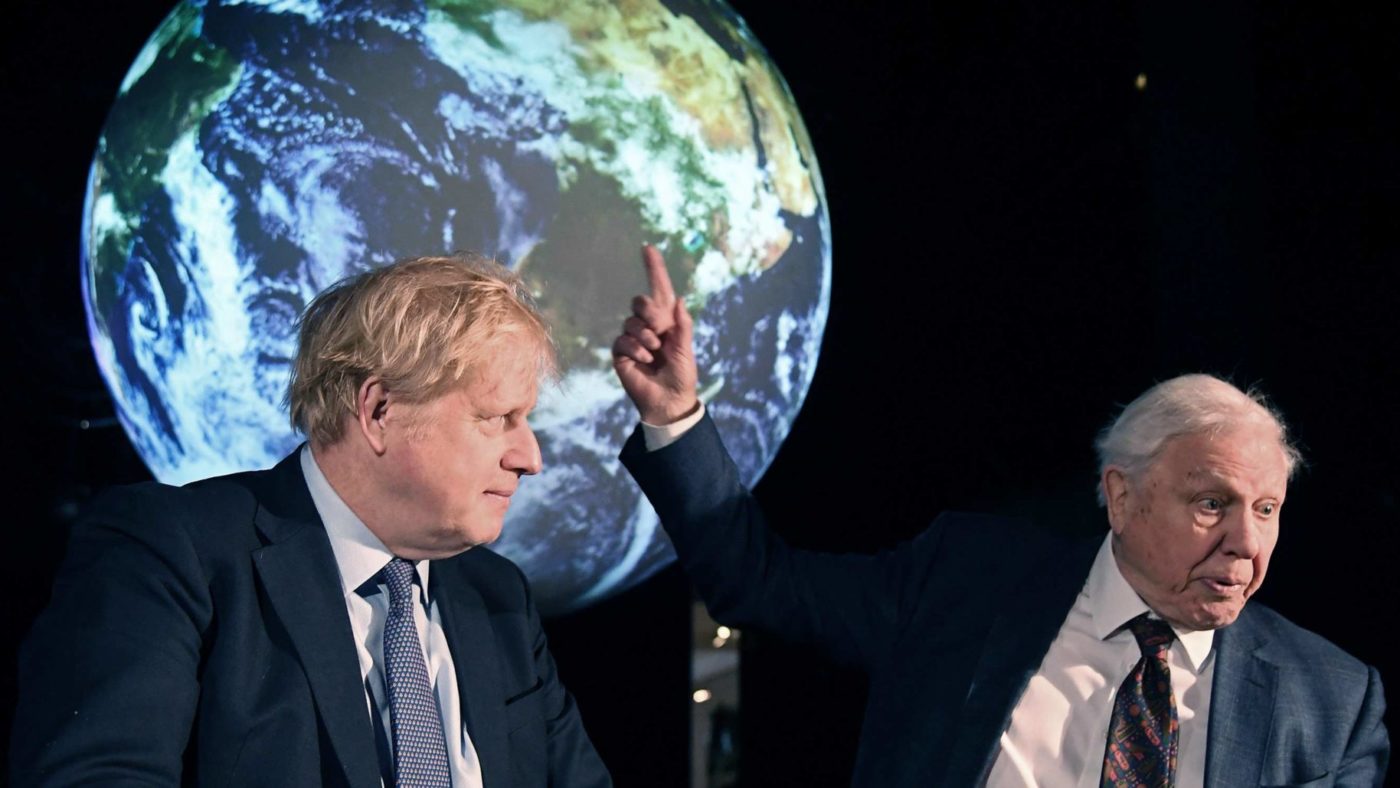In light of the enormous challenge we face in rebuilding our economy following lockdown, and ahead of the delayed Integrated Review of foreign policy, defence, security and international development, there has been much debate over whether the UK should maintain its target to spend 0.7% of GNI on foreign aid.
The 0.7% target is contentious. The UK is the only G7 country which meets it, and there have been regrettable examples of our money being spent on dubious projects, or even lost completely to corruption. But those who want it scrapped entirely risk throwing the baby out with the bathwater.
The Prime Minister is right to unite our development spending with our strategic objectives, keeping taxpayer value and the UK’s interests in mind. One critical area where development spending can be legitimately used to enhance the UK’s national security is in International Climate Finance (ICF), the support we provide developing countries to address climate change.
The decades ahead of us are uncertain; we face multiple grand challenges in international relations, economics and technology. But none quite match the universal threat level of climate change. The planet is getting hotter and there is a firmly established scientific consensus that human activity is speeding up this process via the greenhouse effect.
The main consequence of climate change is more frequent extreme weather events. The knock-on consequences, most notably mass migration, resource scarcity and competition, state failure, the spread of tropical diseases, and the opening up of the Arctic and wider north, could seriously jeopardise the UK’s national security and interests abroad.
The Government is well aware of this fact. Ahead of the Integrated Review, the Ministry of Defence commissioned the RAND Corporation to publish a study on the implications of climate change for defence and security. The US Defense Department did a similar report in 2019. France has been studying the implications of climate change on its military since 2015; the École de guerre is currently studying the effects of climate change on military operations in the Sahel.
At the UN General Assembly last year, the UK unilaterally doubled its ICF to £11.6 billion from 2021/22-2025/26. As COP26 President, the Government is rightly trying to entrench its reputation as a global leader on tackling climate change. Climate leadership will be very strategically profitable in the coming decades.
First, there are the obvious benefits of mitigation and adaptation. The UK can’t stop climate change alone; we need other countries to act. Developing countries are critical partners in sequestering carbon emissions and tackling the international biodiversity crisis through natural solutions, particularly planting forests.
Cutting global emissions also helps us here at home. We’re already feeling the effects of climate change here in the UK in the form of more frequent flooding and hotter heat waves. It will cost us lives and money if the world doesn’t succeed in reaching the targets set in the Paris Agreement. Helping developing countries cut carbon and develop in a more sustainable way than we did will not only help them, but help safeguard people at home, too.
Moreover, helping countries in the Global South to adapt to the changes in the environment will be key to preventing some of the worst predicted consequences of climate change. Helping these countries to cope better with extreme weather events could prevent instability or state failure (and the resultant economic or political crises and mass movements of people) in the future.
Then there are the diplomatic advantages, too. Aid offers opportunities to develop relationships with countries which will make important partners in the future, such as Nigeria, while countering the influences of competitors. If we’re entering a new bipolar age, we need to be recruiting countries to our camp, not letting them be wooed to the other side. Exporting the British brand will be a key part of Global Britain, and while this is mostly framed in terms of signing trade deals, aid can help us to do that as well.
After all, wealthier nations which are better prepared for a warmer world and the uncertainties it brings will make better trading partners, in turn benefitting the UK economically. These will be the countries to which we export our green industries of the future.
If Global Britain means taking on a renewed role in the world, climate leadership must be an integral part of that effort. As the first major economy to adopt a net zero target, the UK can offer an example to the rest of the world. And with a smarter, more strategic use of the aid budget, climate policy could well be a huge strategic asset in this new world.
Click here to subscribe to our daily briefing – the best pieces from CapX and across the web.
CapX depends on the generosity of its readers. If you value what we do, please consider making a donation.


